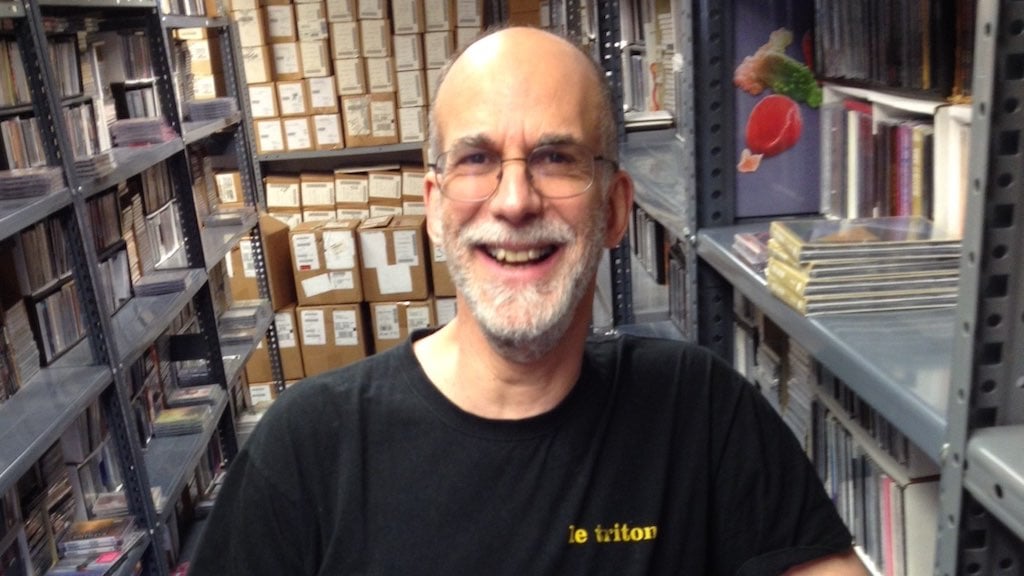There’s a very good chance you haven’t heard of Cuneiform Records. But if you love jazz, prog, noise, avant-garde, or other genres less represented on Billboard charts, the Silver Spring–based label is a treasure trove. Among recent higher-profile releases was last year’s America’s National Parks, a recording by jazz trumpeter Wadada Leo Smith that won Album of the Year Award in a DownBeat poll.
But accolades don’t pay the bills. After enduring a “downward trajectory” in sales for some time, owner Steve Feigenbaum, who has worked out of the same Silver Spring office for 18 years, decided that Cuneiform will put out no new releases this year. As of January 30, he’s laying off his publicity and promotions department, which consists of his wife and an assistant.
The problem, he says, is the wide and cheap availability of all kinds of music, a click or thumb-tap away on YouTube, on Spotify, on other services. “The default now is free, and I can’t run an office on free,” Feigenbaum said in a recent interview. Cuneiform put its music on Spotify a few years ago but “made nothing,” he said.
In an email newsletter, the label said Feigenbaum will spend 2018 exploring “how Cuneiform could further evolve to continue releasing music of substance.” But Feigenbaum admits there may not be a solution to that dilemma. “It’s very possible that there won’t be an end to this hiatus,” he said. In the meantime, he’ll make his living from Wayside Music, his mail-order service devoted to similarly obscure music. He noted that “in a horrible bit of unplanned synchronicity,” Cuneiform’s first release and its possibly final offering last year were separated by exactly 33 and 1/3 years.
The pressures that drove Cuneiform to this point have left Feigenbaum pessimistic about the larger marketplace for the arts. “First it’s music, next it’s going to be movies, then plays,” he said. “It’s nice that you can listen to whatever you want, but it’s not good for artists, if you care about art. It’s not good for the musicians. Even if you don’t like record labels, it’s not good for them. It’s not good for anybody.”



















